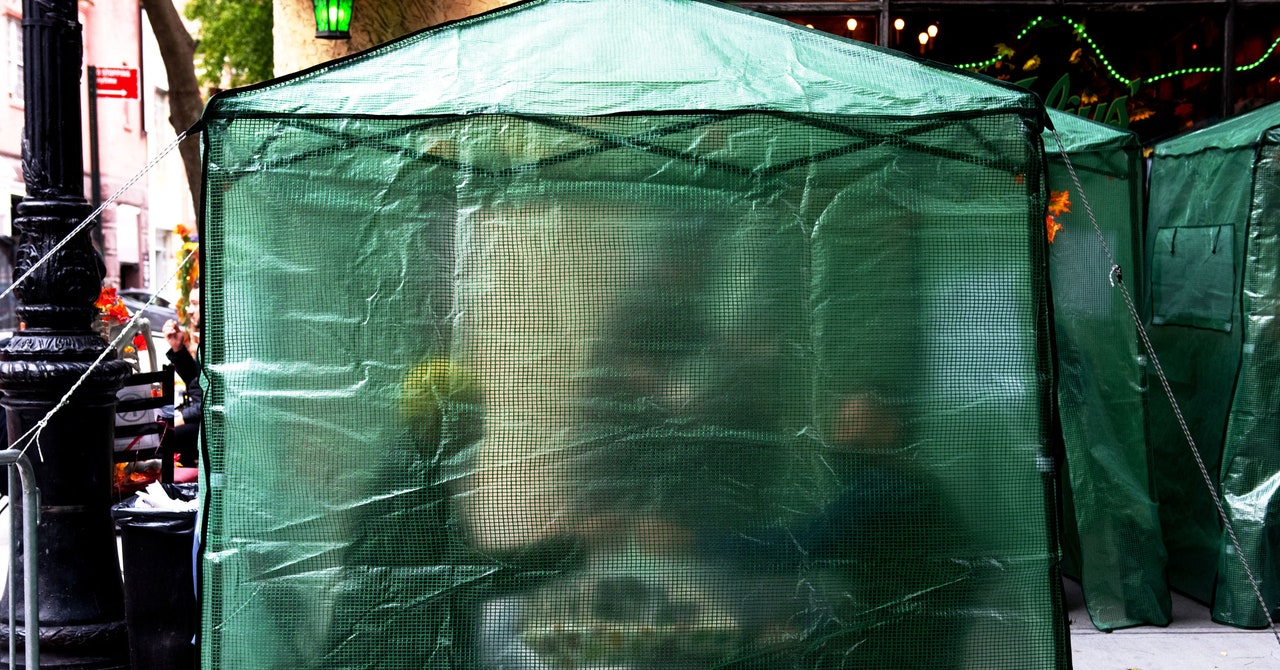
The human brain tries to resolve uncertainty with routine—so maybe to deal with all of this you picked up a new hobby, or set an exercise schedule, or arranged a weekly call with friends or family. But the multitudinous traumas kept coming. Psychologists will tell you that if the pandemic has done one thing consistently, it’s exacerbated preexisting troubles. The lonely have grown even more isolated, the depressed have grown more depressed, rocky marriages have become rockier. Money, eating disorder, and substance abuse problems have become more problematic, and for the latter, it has often been hard to seek treatment due to pandemic precautions. Those who’ve yet to get the vaccine are still very much in survival mode, literally and figuratively: We’re hunkered down to avoid the virus, and emotionally hunkered down to cope with the stress. And even after vaccination, that stress will persist neurochemically in our brains.
“If you think about the mental health consequences of this whole thing, I think it’s going to be ugly for a long time, and for different reasons,” says University of North Carolina at Charlotte social psychologist Amy Canevello. “Because it’s exacerbating any cracks that existed.”
But at some point, we’ll be able to look back and take stock. Maybe that’ll be when enough people have been vaccinated that the kids are back at school, or when we can take a trip abroad again. “Once folks get out of survival mode and their basic needs are met, there’s going to be a reshuffling and a reprioritization of how we live and who we live with, and who we love and how we love,” says Heinz. “There will be a reckoning. Once you can financially take care of what you need to, and your children have school to attend, and you actually have the cognitive bandwidth to process what happened, certain insights will come to light about what’s best for you moving forward.”
Heinz and other psychologists think the reckoning among couples who have gone through this stressful period together may be particularly acute—although the clues to that are not so much in the data, but in how it’s interpreted. For instance, according to a December 2020 report in The New England Journal of Medicine, calls to domestic violence hotlines actually plummeted in the past year—not because domestic violence is decreasing, but because people don’t think they can safely connect during lockdown, the authors reckoned.
Another paper published last month in JAMA Psychiatry found a jump in emergency room visits for drug overdoses, mental health conditions, and suicide attempts starting last March, when lockdown went into effect. Intimate partner violence, on the other hand, remained close to flat. But, as the authors note, all of these figures could represent an undercount, because many patients experiencing trauma don’t visit an emergency room. Additionally, they wrote, “To avoid risk of exposure to Covid-19, many people delayed or avoided seeking medical care, potentially increasing the risk of poor mental health, substance use, and violence outcomes.” In particular, they noted a general drop-off in emergency room visits during last spring’s “Slow the Spread” national stay-at-home order.
Read all of our coronavirus coverage here.
“We know from a lot of research out there that when couples experience a lot of external stress—and most of the work has been on things like financial hardship or job loss—they’re more likely to start being hostile to each other, being critical of each other, blaming each other,” says social psychologist Paula Pietromonaco of the University of Massachusetts, Amherst. “The more stress that people have from the pandemic, I think the more that is likely to happen. And those couples may be in a situation where as things open up, and they’re able to start going back to a normal life, it could continue in that direction.”


